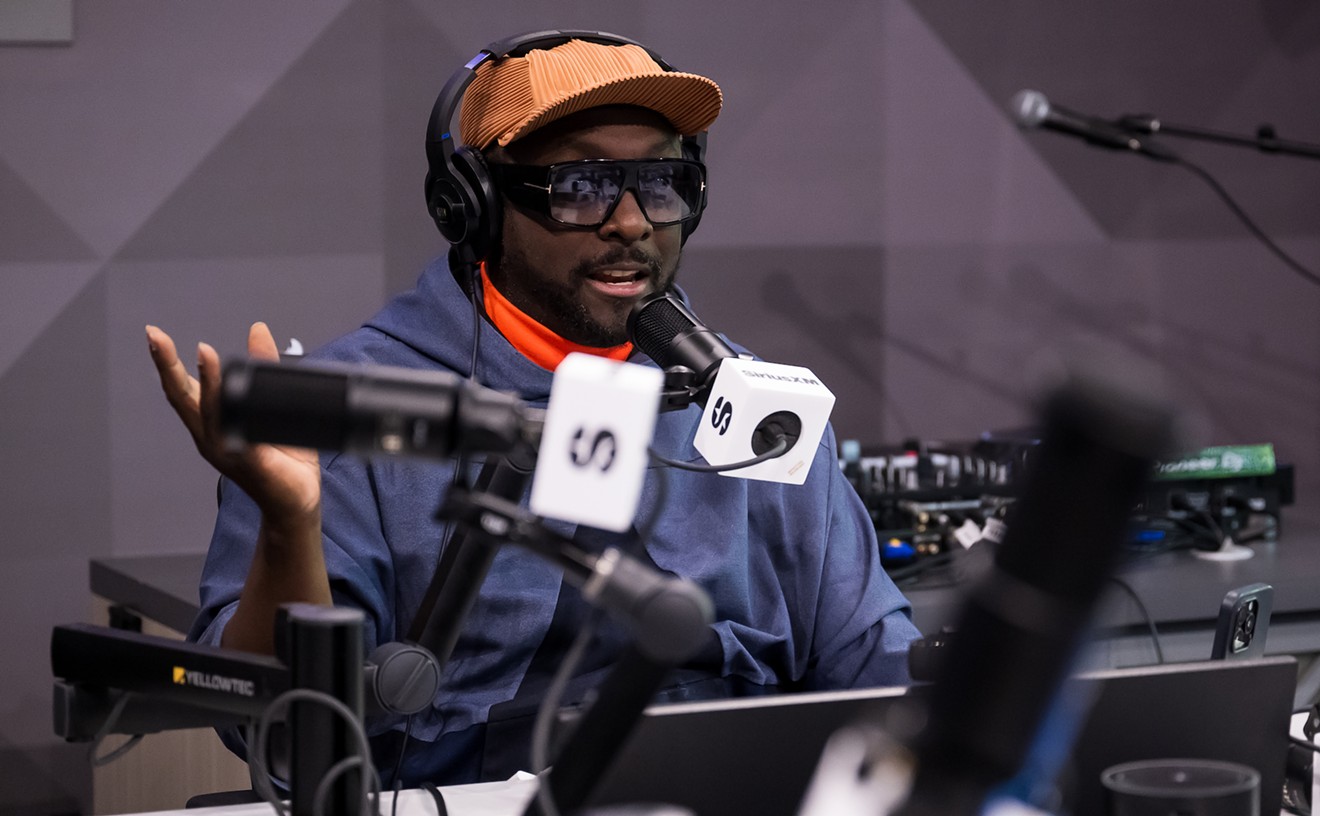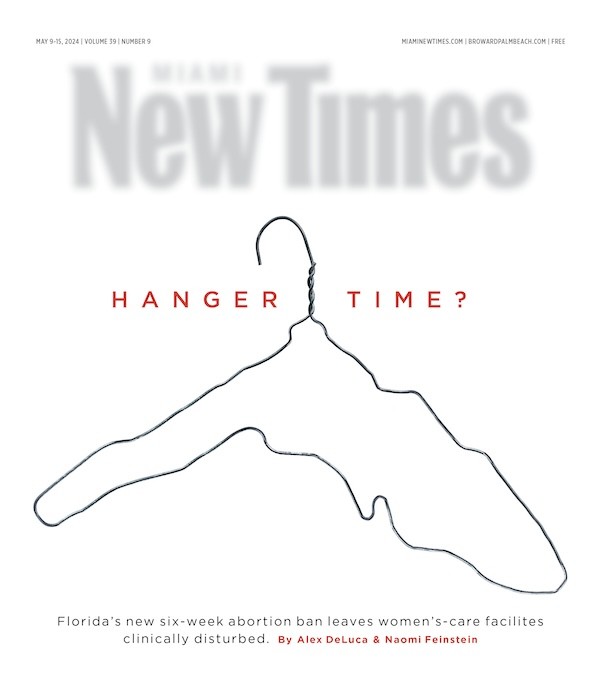The mainstream press has tried to paint (or, more accurately, taint) her allegiance to her own label as a cunning financial move: It was noted in the Los Angeles Times and, subsequently, the New York Times and Forbes, that Ani received $4.25 per album sold versus the $1.25 then-successful-major-label-act Hootie & the Blowfish were pulling in from Atlantic Records. Yet there is no evidence that DiFranco has circumvented the major-label channels of production and distribution for any other reason than because she can.
Because why would she hand over the fruits of her own hard work to someone else who cannot guarantee the autonomy she so obviously desires? Why would she substitute the efficient and successful machine she has built for an inferior model? Sometimes it's hard to imagine in this booming economy that some people aren't interested in a little easy upfront money. A major label could offer her a sizable signing bonus, but the odds are 50-50 that they'd expand her audience to the point where it would make a noticeable difference. And Righteous Babe is first and foremost about DiFranco's independence, and the small staff that works there is part of this ideology. It is a family, and while other families are ripped apart at the prospect of alluring riches, this one holds together as a true grassroots effort.
DiFranco has repeatedly said that it isn't about 60 or 6 million people. She likes to tour consistently. She likes meeting other people. She has stated in interviews that she believes art serves a social function above and beyond all else. Hard for those who consider everything product. Numbers are for accountants. Art is for artists. The idea is practically quaint in this day and age. Besides, how many “artists” have been dropped by their once-eager major labels because they never sold the units the label planned for them to sell?
Her ideology is so strong and admirable it practically guarantees the music itself is shortchanged. She has released nearly a dozen solo albums and various side projects and EPs. Each of them features moments of great humanity, where her rickety little voice blossoms into a note, where her sticky staccato guitar churns out a lilting phrase. Some are spare, others are fully arranged. Occasionally her funky approach turns brittle and the songs run together unintentionally.
Still she's one of a few modern-day folksingers who doesn't prey upon an audience's sentimentality or lapse into cliché about enduring adulthood. She can sing “Amazing Grace” a cappella and not have things thrown at her. Instead the crowd will sit rapt. Partly out of allegiance to her. Partly because she legitimately fills a spiritual void. Partly because she's not afraid to throw a “fuck you” into the middle of a chorus. By showing so many sides, no one can say she's one-dimensional.
It comes down to influences. She may have grown up with a punk-rock streak, but once set on her quest for knowledge, she found much to relate to in the socialist politics of Woody Guthrie and the political fervor of Phil Ochs, two songwriters she covers on her latest EP Swing. In typical DiFranco fashion, she settled on releasing a single to radio -- an abbreviated version of “Swing” that appears on her last solo album, last year's To the Teeth -- but was not satisfied with merely releasing an edited version of the song. Rather she took the time to include a few things available in out-of-the-way places, such as her cover of Ochs's “When I'm Gone,” which is featured on the soundtrack of the Abbie Hoffman biopic Steal This Movie, and a live version of Guthrie's “Do Re Me” with Gillian Welch, David Rawlings, and Bo Ramsey.
DiFranco sees herself as a link in the chain, a part of a grand tradition always in danger of coming to an end. She may one day decide to do it another way. Perhaps adulthood will slap her around a few times and add questions to the pursuit of happiness that aren't there now. None of us knows where any of us are headed. But no matter. She's earned the right at this point to turn her back to the crowd and look over her shoulder and say, “I did it my way,” with no need for apology or humility. It's just the goddamn truth.










